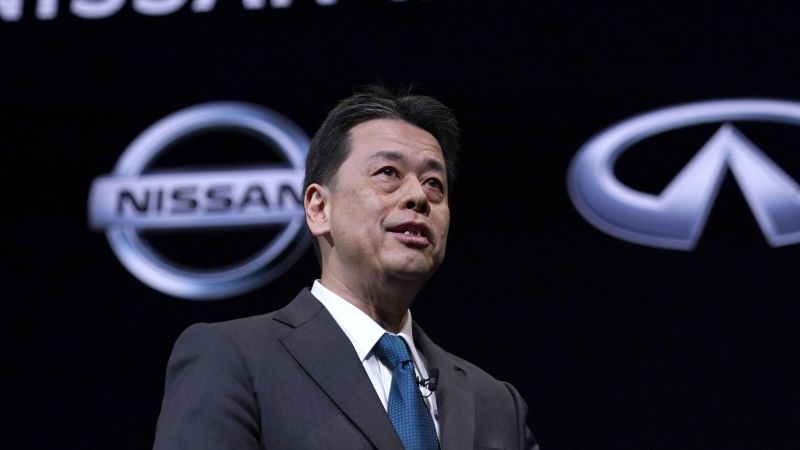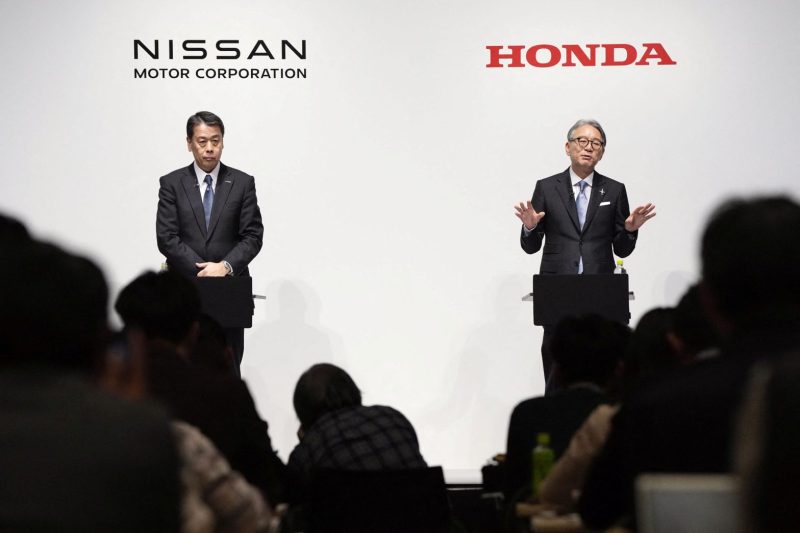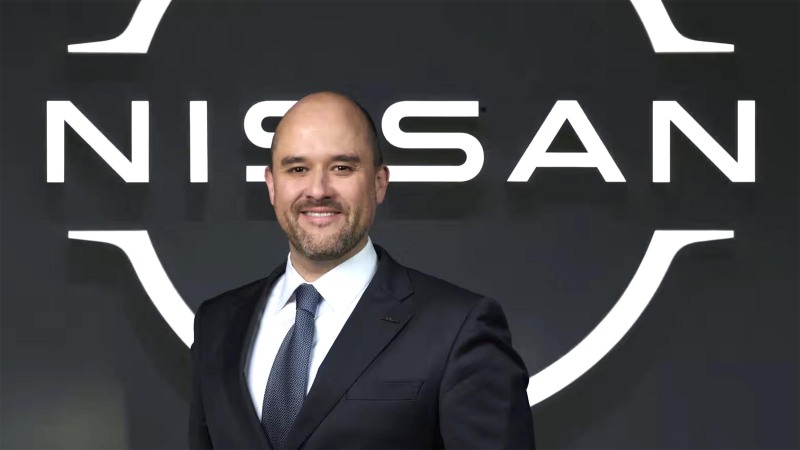Nissan's Management Shake-Up: Uchida Makoto Steps Down as CEO
 WilliamMar 14, 2025, 10:52 AM
WilliamMar 14, 2025, 10:52 AM
[PCauto] Recently, Nissan's board of directors reached a significant decision: Uchida Makoto will step down as CEO of Nissan by the end of March, marking a major transition that will see the baton passed to the company’s Chief Planning Officer, Ivan Espinosa. This leadership change involves Uchida Makoto and his core team of five senior executives.

Uchida Makoto’s departure is no coincidence; it is the result of a confluence of multiple factors. From a performance perspective, Nissan’s business results in recent years have not been promising. As of December 31, 2024, consolidated net revenue has remained stagnant, while operating profit experienced a dramatic plummet, decreasing by 86.6% year-over-year. The company's net profit has also significantly declined, and after emerging from a financial crisis in the third fiscal quarter, Nissan was forced to revise its fiscal year 2024 outlook downwards, revealing an expected net loss of 80 billion yen. This gloomy forecast has disheartened investors, leaving Nissan's market share vulnerable to encroachment from competitors.

The breakdown of merger talks with Honda was merely the tipping point for Uchida Makoto's resignation. The anticipated partnership between Nissan and Honda, which aimed to establish a joint holding company, was met with high expectations from both within the industry and beyond. However, the subsequent drama took a sharp turn when Honda's demand to convert Nissan into a wholly-owned subsidiary acted like a bombshell, triggering significant internal backlash at Nissan. Opposition was voiced from various quarters, leading to a deadlock in negotiations, and ultimately, the termination of the memorandum of cooperation in February 2025, marking a hasty end to the union.
The board has criticized Uchida Makoto's management, holding him accountable for the company’s struggles. On one hand, the lackluster performance reflects strategic missteps and market mismanagement; on the other, the failed merger talks signify a missed opportunity for collective resilience against industry challenges. The resulting loss of employee trust has further eroded the company's internal cohesion. Faced with such multifaceted dilemmas, Uchida Makoto's resignation became inevitable.

Reflecting on Uchida Makoto’s tenure, he took the helm as CEO in 2019 during a time when Nissan was deeply mired in difficulties. He spearheaded the “Nissan Next” initiative, which included cutting redundant production capacity by 20% globally and shrinking the product line by 15%, extracting 350 billion yen in cost savings to support Nissan's finance. The subsequent “The Arc Nissan Business Plan” aimed to salvage Nissan, but as new competitors emerged in the global automotive market and established automakers accelerated their transformations, Nissan struggled to maintain strategic direction, resulting in declining sales.

With Uchida Makoto's resignation, the management team is undergoing a major overhaul, as several senior executives step down concurrently, paving the way for new leaders to tackle upcoming challenges. The secondary market has already detected a shift in sentiment, as Nissan's stock initially surged after the news broke, indicating market anticipation for a fresh outlook despite subsequent fluctuations.
New CEO Ivan Espinosa finds himself at the center of intense scrutiny, faced with an avalanche of challenges: immediate efforts to halt financial losses, a crucial mid-term goal of restoring Nissan's brand glory, and navigating the complexities of partnerships with Honda, Renault, Mitsubishi, and others. As the automotive industry races toward electrification and intelligent technology, securing Nissan's place on this shifting landscape presents a long-term challenge. Currently, Ivan Espinosa has yet to unveil a detailed strategic plan for revitalizing Nissan, leaving many questions unanswered.

Notably, reports suggest that Honda has hinted Uchida Makoto's resignation could pave the way for the resumption of merger talks. With Nissan now under new leadership, how will Honda respond? Will they seek to restart negotiations, or will they continue to focus on their independent path?
If any infringement occurs, please contact us for deletion
Trending News

2026 Toyota Hilux Travo released, the brand-new exterior and interior are highly anticipated
If you're considering buying a Hilux, honestly, the comprehensive innovations in the ninth generation are worth waiting for. While the current model might still have some advantages in terms of reliability and price, the new model offers significant changes in terms of exterior and interior luxury, tech features, and powertrain options.

Perodua Traz VS Ativa, which one is more worth buying?
Traz, as a newly launched mid-sized SUV, offers more spacious room and mainstream power compared to small SUVs, but its pricing appears slightly higher than that of Ativa. Ativa, on the other hand, is Perodua's long-time best-selling small SUV with more affordable pricing and a balanced combination of power and tech features.

Perodua Myvi and Bezza may undergo major upgrades in 2026
After the update, the Bezza will no longer be just a low-cost alternative but a core model in the Perodua system with greater market competitiveness and brand premium potential. The upgrade of the Myvi is not to be unconventional but to strengthen the brand and market, ensuring that the Myvi continues to maintain its irreplaceable position in the new round of product competition.

Which one is better, Honda City or Toyota Vios?
When choosing a compact sedan, Honda City and Toyota Vios are often two options that make people weigh repeatedly. You might be attracted to the dynamic design of the Vios but also be captivated by the City.

Perodua Traz VS Toyota Yaris Cross, where does the Traz fall short?
Before the official launch of the Perodua Traz, market expectations were actually very high because it shares the same DNGA platform as the Toyota Yaris Cross. However, sharing the same platform does not equate to the same experience, and the Traz's final performance has indeed been disappointing. Perhaps it is precisely because of the delayed launch that it has almost no competitiveness in the current competitive environment.
Popular Cars
Model Year
Car Compare
Car Photo

